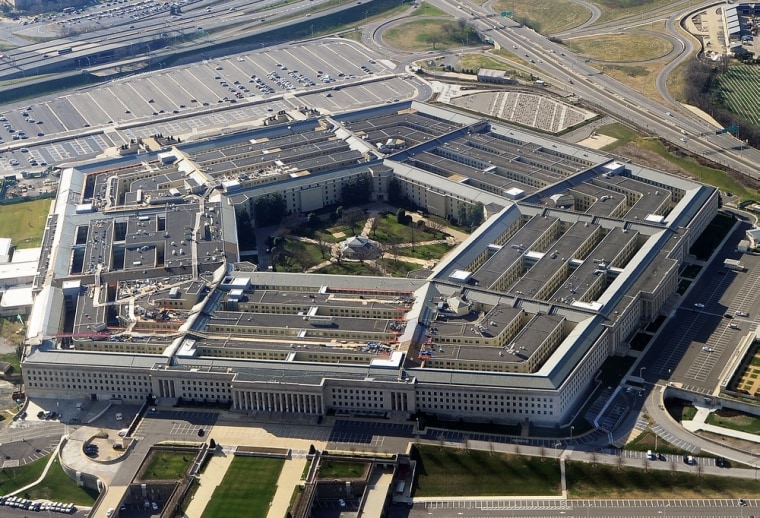At first blush, the Pentagon's Joint Enterprise Defense Infrastructure (JEDI) contract -- a multi-billion-dollar cloud-computing initiative -- may only seem relevant to those closely involved with national security and the tech industry. But there's a bit more to this one.
Microsoft has emerged victorious in a dramatic competition for public cloud resources for the U.S. Defense Department, beating out market leader Amazon Web Services, the Pentagon said on Friday. The contract could be worth as much as $10 billion over a decade, according to a statement. [...]Early in the process Amazon was seen as the favorite, partly because its AWS business won a deal with the CIA in 2013. Also Amazon had been certified at the highest existing security clearance level, while Microsoft sought to catch up.
It's entirely possible that Microsoft won the contract strictly on the merits and there's no concern about possible presidential corruption. That said, Donald Trump hasn't exactly made it easy to believe the most benign interpretation of events.
Let's back up and review how we arrived at this point. As regular readers may recall, about a year into Trump's presidency, Axios spoke to five sources close to the White House who said the Republican is eager to “go after” Amazon.com and its CEO, Jeff Bezos. Referring to Trump, one source said at the time, "He's obsessed with Amazon. Obsessed."
The article added, "The president would love to clip CEO Jeff Bezos' wings. But he doesn't have a plan to make that happen."
Trump's preoccupation with Bezos has always been a little weird. It's effectively a political bank shot of presidential contempt: the Republican hates the Washington Post's coverage of his administration, which leads Trump to hate its owner, which then leads the president to also hate Bezos' other businesses, including Amazon Web Services.
It was against this backdrop that Trump announced in July -- just as the Pentagon was reportedly prepared to announce a decision on the JEDI contract -- that he was looking “very seriously” at intervening in the contracting process because unnamed people had told him "it wasn't competitively bid."
Even at the time, the comments suggested that Trump has no idea what he was saying. There was a competitive bidding process, and no company had secured the contract.
Nevertheless, on the heels of the president's comments, Defense Secretary Mark Esper said he intended to review the contract. According to a Washington Post report, the Pentagon chief's reexamination was the result of White House instructions and "11th-hour Oval Office intervention."
There were "concerns" in the West Wing, the article added, that the lucrative contract "would go to Amazon."
Now we know that the lucrative contract did not, in fact, go to Amazon, and it's hard not to wonder whether the president's contempt for the Washington Post had at least something to do with the decision.
Complicating matters, Task & Purpose got an advance look at Holding The Line: Inside Trump's Pentagon with Secretary Mattis, written by Guy Snodgrass, who served as the communications director for former Defense Secretary James Mattis. There's an anecdote in the book that alleges Trump called Mattis last summer and directed him to "screw Amazon" out of the JEDI contract.
The book reportedly adds that Mattis ignored the directive. Of course, Mattis is also no longer at the Pentagon.
